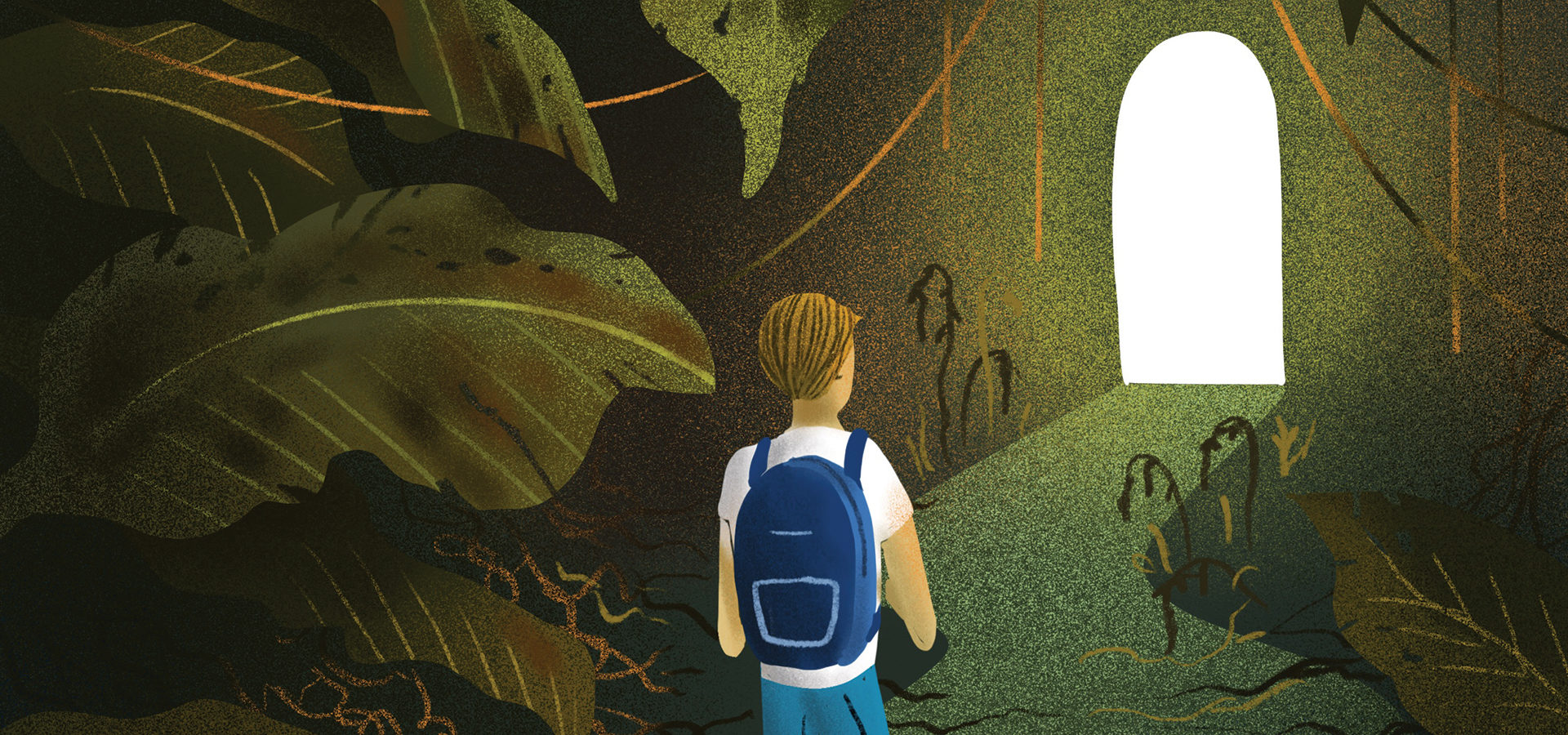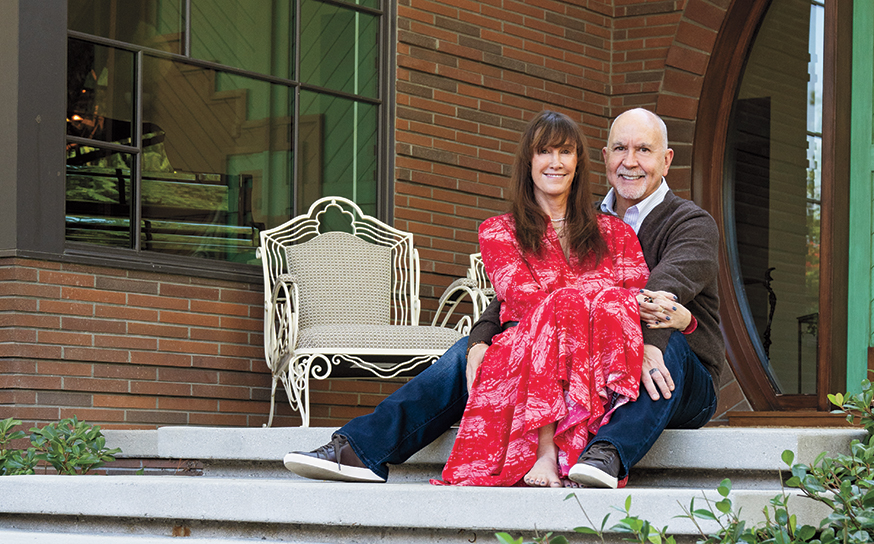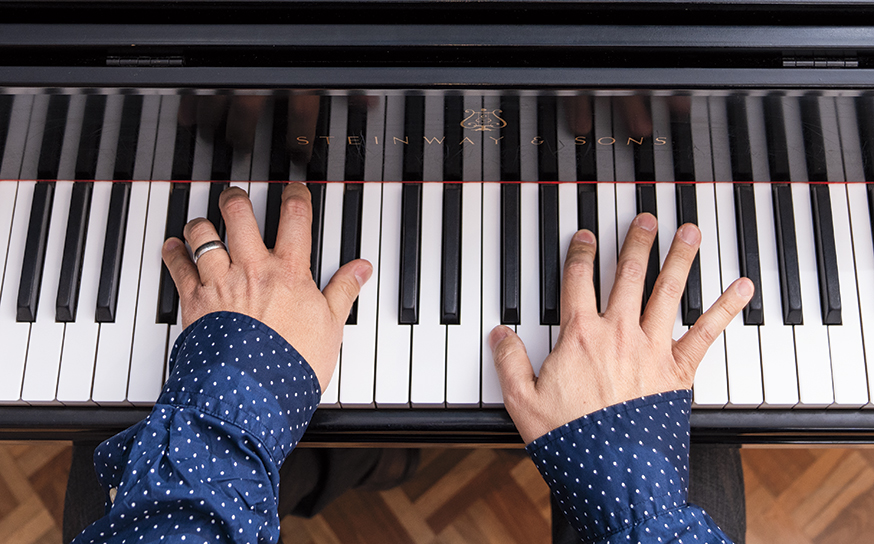
Navigating the Mental Challenges of Recent Years with Your Teen
Advice from an expert.
 For the majority of teens, the pandemic watchwords “safer at home” didn’t prove accurate.
For the majority of teens, the pandemic watchwords “safer at home” didn’t prove accurate.
According to the Centers for Disease Control and Prevention, the majority of teens experienced some kind of abuse during the past two years, with 55% saying they had suffered emotional abuse by a parent or other adult in the home, such as being sworn at or insulted. Even kids who didn’t experience mistreatment reported their mental well-being had declined in the two years while schools were closed.
The teen population had been reporting a fall-off in mental health even before the pandemic began. But the pandemic and the pressures that went with it proved particularly tough on high schoolers. The CDC’s analysis, which was released in late March, showed that last year 37% of high school students said that they experienced poor mental health and 44% said they often felt sad or hopeless.
•••
Loss & Loneliness
“The world has gotten scarier with global warming, racial tension, and wars starting,” says Melissa Brohner-Schneider, MFT, ATR, a marriage and family therapist practicing in Sherman Oaks. “It’s an overwhelming place to think about becoming an adult in.” She says that her practice is the busiest it’s ever been, with teens and their families grieving over all that they missed out on during the pandemic.
During the normal course of adolescent development “teens are supposed to be connecting with their peers and separating from their parents,” Melissa says. “Instead, because of the pandemic, they were deprived of a lot of that. One teen put it very succinctly to me: ‘I lost two years of time.’ We’re in a protracted state of grief over that loss.”
Vince Garcia, who owns and operates the private Q&A College Admission counseling service, agrees with Melissa’s observation about the deep sadness over lost opportunities among the teens he sees. “The first year of the pandemic, there was this consistent sense of losing things,” he says. “‘Oh, we’re not going to have homecoming. We’re not going to have prom. We’re not going to have graduation.’”
“Kids are very different now from who they were before the pandemic. It will have a lasting effect, but it doesn’t have to be a negative one. In the end, it’s about making meaning of it.”
Vince, who does pro bono work for teens in need, also says it was “eye-opening” to discover how tough the pandemic was on some of the kids whose families were less advantaged financially. One young woman he counseled had to work from midnight to 5 a.m. helping her father get ready for his business selling fruit, only to then be challenged with unstable internet service during the day as she tried to participate in online classes. She persisted, however, and is heading to UC Riverside in the fall.
Justine Ludden, a 16-year-old client of Vince’s who attends private school, became concerned about fellow students and created a survey to help measure students’ emotional wellness. An elected student leader, Justine wanted to help her school administrators better understand and address what ninth and 10th graders were feeling.
“It was such a unique time,” says Justine of the pandemic. “The biggest thing students were looking for was greater connection. There was a level of frustration.” She notes that students particularly missed the opportunity to perform, so the school created an online talent show. They also added “office hours,” where students could check in with peers like Justine just to talk.
“Students were left without their usual coping mechanisms,” says Melissa, “like seeing friends and playing sports. Their friends are their lifeline.” She believes that older teens suffered the most from the losses. “They missed out on the important milestones,” she notes. “The things they looked forward to and worked for were taken away from them.”
•••
The New World View
While there’s no way to make up for the losses high schoolers experienced during their two years stuck at home, Melissa says that those who can find a lesson or value in the experience may be able to come to terms with the disappointments better. “Kids are very different now from who they were before the pandemic,” she says. “It will have a lasting effect, but it doesn’t have to be a negative one. In the end, it’s about making meaning of it.”
She warns that even if teens seem to be returning to their previous routines as schools reopen and team sports come back, that doesn’t mean they’re OK. “Kids are being forced to go back to the old normal without talking about the trauma and grief. It challenged their sense of safety and security. They were thrown into chaos. Each kid needs to figure out how to tell their narrative of the experience,” Melissa says. She urges parents to encourage their kids to talk about their unique memories of the past two years.
Melissa does believe that young adults’ natural resiliency may help them recover better than older people will and that on the positive side, many kids “developed greater flexibility and adaptability. They learned to sit with uncertainty.”
Justine concurs. “For myself, the experience speaks to adaptability. I’m more equipped to handle change. This is definitely going to have an effect for a long time.”
Vince, too, says that the pandemic has altered teens’ world view. “I feel like this generation believes that not everything happens as it should.” For some of the kids he worked with, he says, the reality shift liberated them from parental or school expectations in a surprisingly positive way. “I saw students who had a new sense of freedom to pursue what they really wanted and not just what colleges expected of them,” he says.
As Melissa sees it, many teens learned early what amounts to a general life lesson. As unfortunate as the pandemic was, “If you can find what you’re grateful for, you will heal much better.”

Therapist Melissa Brohner-Schneider offers some advice for parents.
Listen more than you talk. “Create a safe space for all of your teens’ feelings about what happened. Be curious and just listen to them nonjudgmentally. Say, ‘This has been a really hard time,’ and ask them what it’s been like for them.”
Set up special times. “Find things to do together that are low-pressure, like going for a hike or for ice cream.” Melissa suggests letting your teen take the lead on what you’ll do together, but no matter what, no electronics.
Watch for withdrawal. If your teen doesn’t want to talk and is isolating themself, it’s time to think about getting more support. Normalize it. Say, ‘We all need help sometimes.’”
Consider family therapy. It may be easier to get your child to accept shared rather than individual therapy, and this way you both can benefit. “Let them know that we’re all struggling and we need to help each other. They’re not the only one.”
Take tough action when needed. “There’s been a rise in anxiety and depression and suicide and eating disorders.” If your teen’s behavior is out of control, you may need to make the difficult decision to request a psychiatric hold for them. “Boundaries equal care. You kid may be mad at you, but say to them, ‘It’s my job to keep you safe. We’ll get through this.’”











